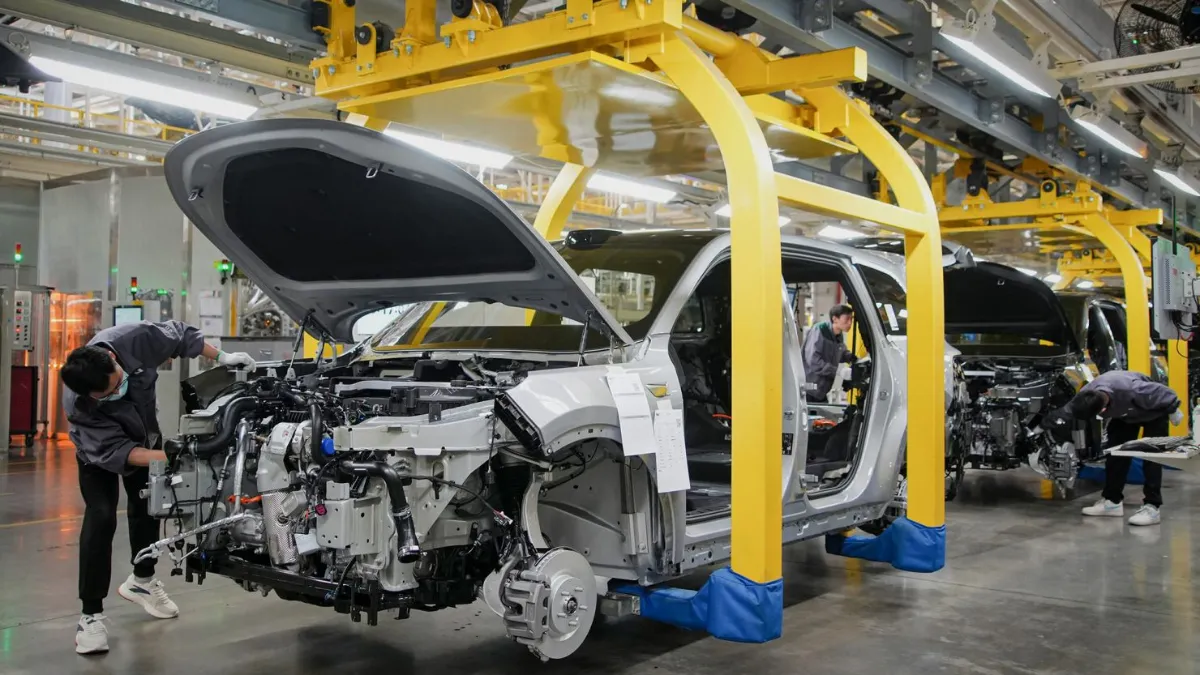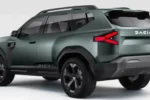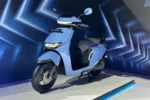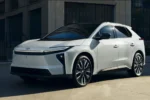India is witnessing a rapid transformation in its transportation sector, driven by the rising adoption of electric vehicles. With strong policy support, evolving consumer preferences, and increasing investments in EV technology, the country is projected to become the fourth largest electric vehicle market globally by 2030. This growth not only strengthens India’s green energy goals but also positions it as a key player in the global EV revolution.
Government Push and Industry Response
The Indian government has actively promoted electric mobility through subsidies, tax incentives, and programs like FAME-II. States have also introduced their own EV policies to attract manufacturing and build charging infrastructure. In response, several Indian automakers have accelerated their EV production strategies, launching models across various segments, from affordable two-wheelers to high-end electric SUVs.
Boom in Two-Wheeler and Commercial EVs
India’s electric vehicle growth is led by the two-wheeler and commercial vehicle segments. Companies like Ola Electric, Ather, Hero, and TVS are dominating the urban mobility space with powerful and affordable electric scooters. On the commercial front, electric buses and cargo vehicles are being deployed by both government and private operators to reduce carbon emissions in public transport and logistics.
Global Manufacturers Eye Indian EV Market
The promising market potential has also attracted global players. EV giants such as Tesla, BYD, and Hyundai are exploring or expanding their footprint in India. Battery manufacturers, tech firms, and component suppliers are also investing in the Indian EV supply chain, making it more robust and scalable.
Challenges Remain but Momentum is Strong
While range anxiety, charging infrastructure, and high upfront cost remain challenges, innovation and mass production are expected to bring costs down significantly. Battery swapping networks and fast-charging solutions are also being developed to make EV adoption easier and more practical for all segments of consumers.
Conclusion: India’s electric vehicle journey has moved beyond early stages and is gaining unstoppable momentum. With a perfect blend of policy support, technological innovation, and consumer interest, India is well on its way to becoming the fourth largest EV market in the world by 2030. The next five years will be crucial in shaping the country’s clean mobility future.
Disclaimer: This article is intended for informational purposes only. Market trends and projections are based on current data and may evolve over time. Readers are advised to refer to official government sources or industry reports for accurate updates.
Read More:
- Hyundai Alexio Electric SUV Revealed: Global Debut Done, Key Specs Appear in China Ahead of Launch
- Monsoon Riding Made Easy: Smart Bike Accessories That Keep You Dry During Rainy Days
- Apple Watch SE 2 Hits Its Lowest-Ever Price – Grab the Deal Before Stock Runs Out
- Ather Rizta Electric Scooter Launched for Middle Class Families – Great Range, Stylish Design, and Smart Safety Features
- Skoda Elroq Electric SUV Launched: Bold Design, Premium Features, and Futuristic Appeal





